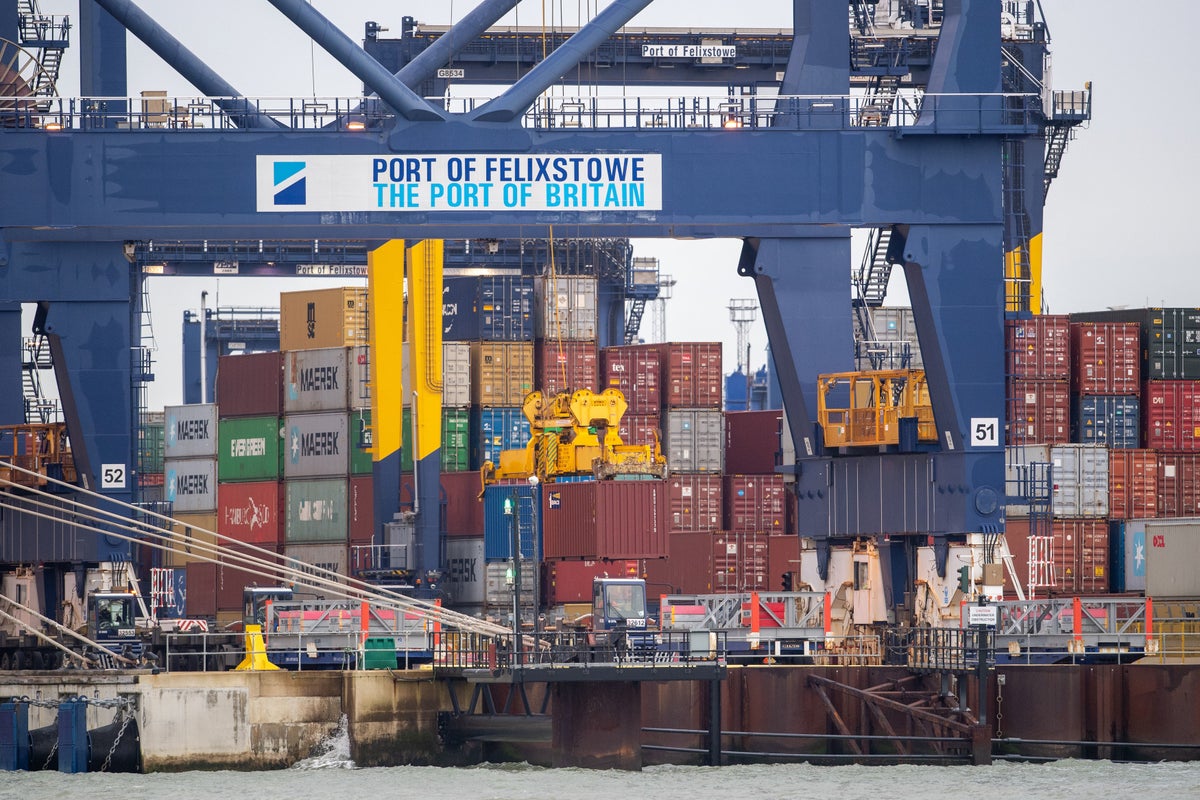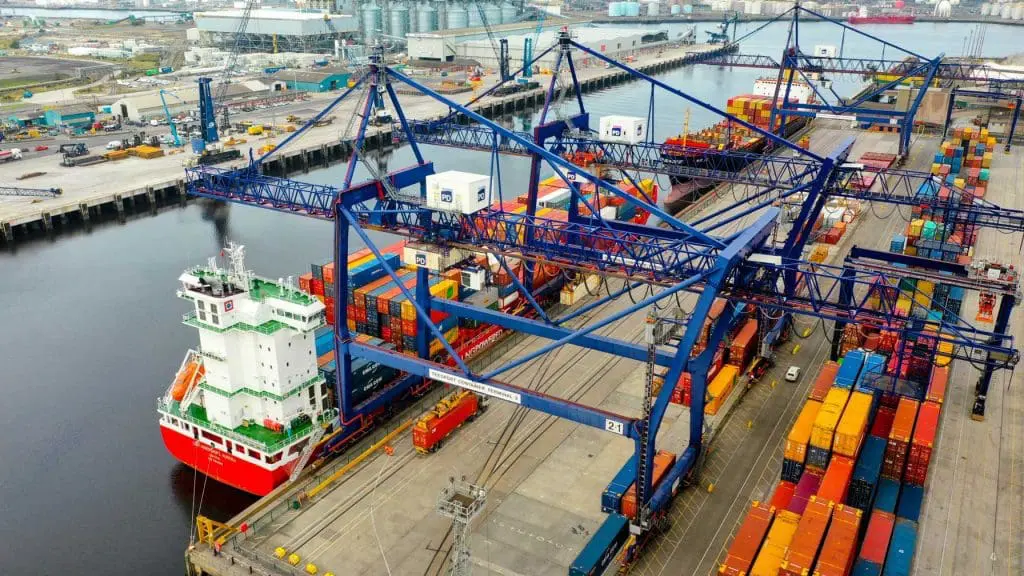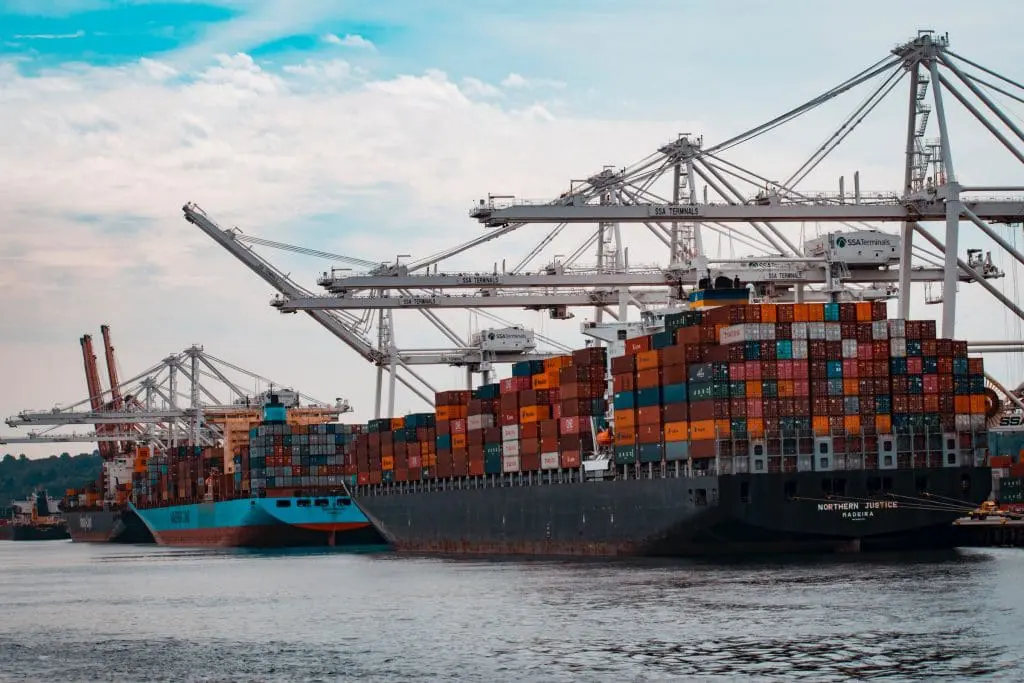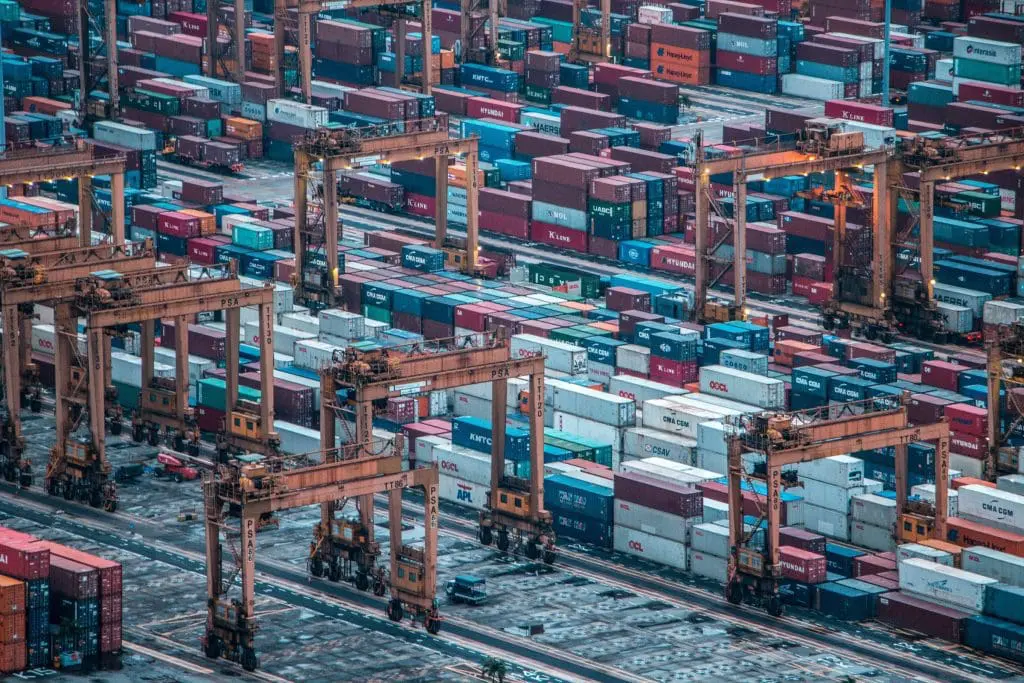What Is Freight Forwarding? What You Should Know

What is freight forwarding?
A freight forwarder, forwarder, or forwarding agent, is a person or company that organises shipments for individuals or corporations to get goods from the manufacturer or producer to a market, customer or final point of distribution. These goods are usually moved on pallets or/and in intermodal shipping containers.
What does a freight forwarder Do?
Freight forwarding is a service industry that involves moving goods around the world on behalf of importers and exporters.
A freight forwarder will take control of getting your shipment from its origin to your store, home or office. That can involve any or all of the following steps:
- Arranging transport from the origin – such as your supplier’s factory or warehouse – to the port or airport for shipment
- Preparing documents, licenses and all relevant paperwork for export at the point of origin
- Negotiating, booking and loading cargo for sea or air freight
- Setting up insurance and tracking delivery as needed
- Preparing documents, licenses and all relevant paperwork for UK customs authorities
- Arranging haulage and delivery to your agreed location in the UK

Why do i need a freight forwarder?
Importing and exporting creates lucrative opportunities for businesses with the wherewithal to execute strategic logistics plans. But the logistics of international shipping is complicated, to say the least.
It requires:
- Expert knowledge of customs standards and protocols, which vary country to country and even port to port
- Agile problem-solving, for when the weather, technology or human nature fail to cater to timely travels, as they are all wont to do
- An instinct for network building, because in many ways, a supply chain is only as strong as the parties propelling it.
And you also need a license to do it.

The Freight Forwarding Process
Freight forwarders act as an intermediary between the company who makes the shipment and the final destination for the goods. Freight forwarders use their trusted contacts with carriers and partners from air transport specialists and trucking companies to transoceanic lines in order to negotiate the best possible price. This may be using established commercial routes with regular frequent departures, or by charter, valuing different offers and choosing the better route that optimises speed, costs and reliability, considering all the variables necessary for the analysis of each case.
Normally a freight forwarder handles a large volume of shipments, even from one international destination to another, so they are a key part in triangular operations. At least three companies are involved in triangular operations (manufacturer, intermediary and final customer), each located in different countries, although there is a single delivery of goods and a single transport. This operation is complex from the point of view of the documentation and, above all, tributary with VAT settlement.
Organisations such as HM Revenue & Customs (HMRC), the Department for Environment, Food and Rural Affairs (Defra) and the Rural Payments Agency have an interest in UK frontier or border controls. Many products crossing the UK frontier will be subject to some types of licensing and control – some products may be prohibited from entering at all. One of a freight forwarder’s main functions is to arrange customs clearance of goods crossing the frontier.
Aspects of the freight forwarding process
Shipment Tracking
Forwarders use a Transportation Management System (TMS) to maintain transparent visibility throughout each stage of a shipment’s voyage.
Customs Brokerage
This critical piece of forwarding requires special licensure—a customs brokerage license. Licensed brokers are the only people qualified to manage and submit the extensive documentation necessary to complete importing/exporting processes.
Warehousing
Some forwarders may have their own warehouses available to harbor shippers’ commodities (or parts of commodities), but for the most part, the service your forwarder will offer is to arrange storage at a warehouse owned and operated by a conveniently located affiliate.
Negotiating
Bargaining with carriers for cost-efficient shipping rates is no easy task. The art of this deal entails appealing to carriers’ interests by balancing the pros and cons of your cargo type, time flexibility, credit status, space/tonnage requirements, and more.
Cargo Space Scheduling
Savvy coordination and scheduling of cargo space are the more tangible parts of a forwarder’s skill set. If you hire a freight forwarder to manage logistics, this is where they’ll have the opportunity to display their chops. It takes a thoughtful planner to determine whether it is profitable to consolidate a shipment, to secure timely sailings, and to weigh the feasibility of intermodal shipping options. Cargo scheduling is the logistics of “Logistics.”
Consolidating Freight
Forwarders may have several customers who all need to transport shipments that do not necessitate the use of an entire container. Freight consolidation for less than container load (LCL) shipping is a service forwarders provide wherein multiple smaller consignments are all booked aboard the same container. In these instances, the shipping cost is spread amongst all participating customers based on the cargo’s space requirements.
Supplying Cargo Insurance
Forwarders can provide you with a cargo insurance policy, also known as freight insurance. Cargo insurance is intended to reimburse the loss payee in the event that goods are damaged or stolen in transit.
Note: Cargo insurance does NOT cover any tangential loss related to the inciting incident. For example, if a container falls off a truck thus damaging a structure nearby, cargo insurance will cover the financial loss of the damage done to the contents of the container, but not the financial burden of the structural damage nearby.
Benefits of using a freight forwarder
There are various benefits of using a freight forwarding service to move your goods from A to B around the globe.
- Advice on optimising transport costs: freight charges, special documentation costs, customs clearance expenses, customs duty
- Cargo insurance: advantageous conditions at competitive premiums
- Advice for proper packaging, labelling, loading and stowage of merchandise
- Reports, custom performance reports and carbon footprint KPIs
- Tailored solutions for each project
- Supply chain optimisation advice on the best means of transport and the best route for a shipment according to origin, nature of the merchandise, destination, seasonality, danger and urgency of the merchandise (air, sea, rail or road)
- Customs advice, from the appropriate tariff item for your merchandise to the necessary documents for customs clearance, dedicated storage and logistics services.

Inbound Logistics & Freight Forwarding
Shipping Container Port Forwarding
Shipping container import and export transport services from (and back to) global shipping lines at UK ports, freight forwarders, and cargo owners. We cover all regions in the UK, and offer both loaded and empty container storage if needed.
Our service extends to the UK’s major and regional ports, rail terminals, and other strategic locations.
We regularly serve the import and export of shipping containers to UK ports Felixstowe, Immingham, Seaforth, Port of Tyne, Port of London, Tilbury Port.
Highway Logistics vehicles are fitted with industry-leading technology and telematics systems including GPS tracking to ensure complete transparency.
Our bespoke operations set up to cater for each individual company/customer’s requirements, providing optimal efficiency.
Get in touch to start the process – 0333 006 3009 and further contact details below.

2 Comments